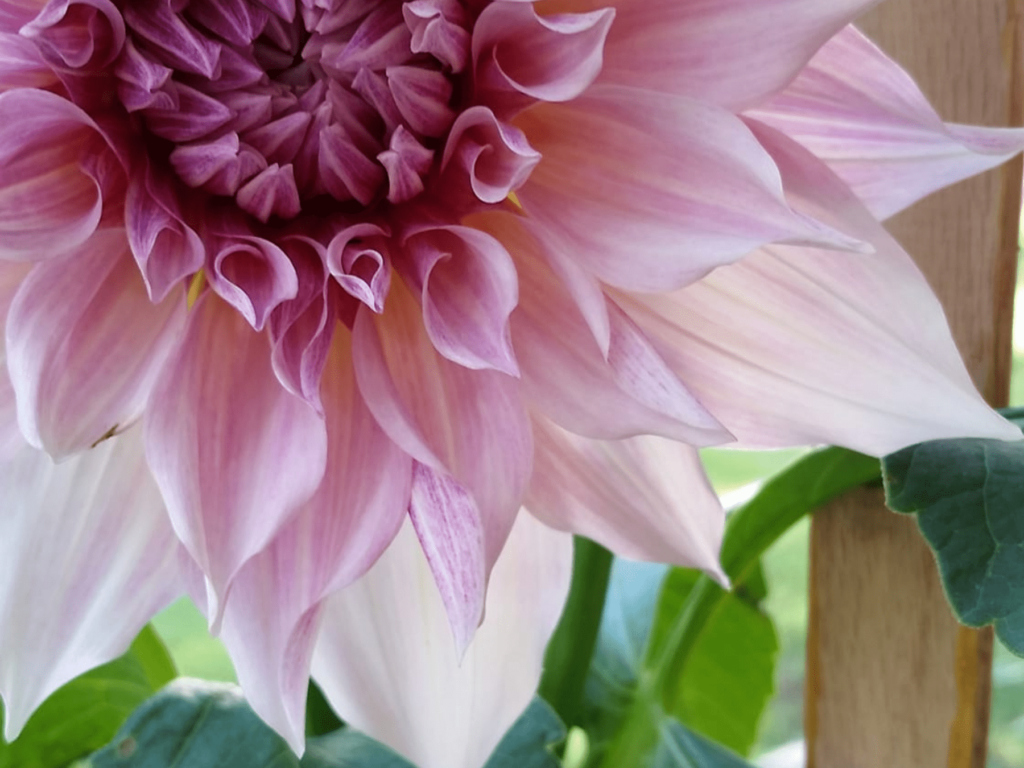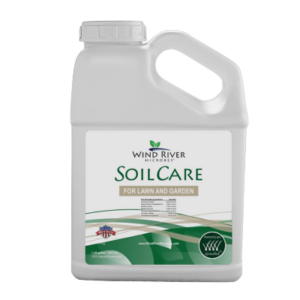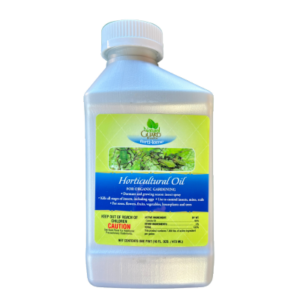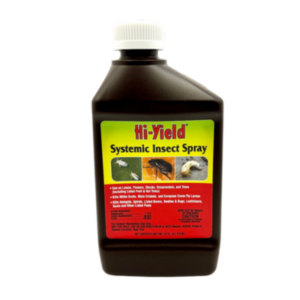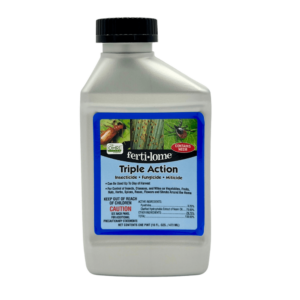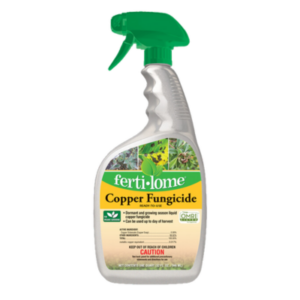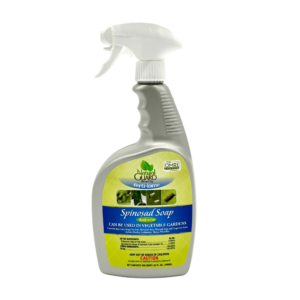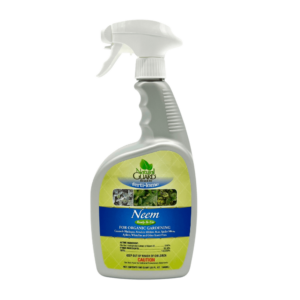Maintaining a healthy and vibrant garden in Missouri can be a rewarding experience, but it’s not without its challenges. Gardeners in the region often face issues such as Japanese beetles, powdery mildew, leaf spot, scale, tomato hornworm, mealy bugs, aphids, and mites, which can wreak havoc on plants and diminish their beauty.
There are effective solutions available to combat these garden pests and diseases. At our store in Marshfield, MO, we offer a range of carefully selected products and organic remedies to help keep your garden thriving. We’ve listed them at the bottom of this article for you.
Common Issues in Southwest Missouri Gardens
Missouri Garden Insect Pests
Japanese Beetles:
Japanese beetles can wreak havoc on your garden, especially in Missouri’s warm and humid climate. To combat these pesky insects without harming the environment, consider using organic methods. One effective approach is handpicking them off plants early in the morning when they are less active. Additionally, introducing natural predators like parasitic wasps or nematodes can help control the Japanese beetle population. Avoiding highly attractive plants for Japanese beetles, such as roses and linden trees, can also reduce their presence in your garden.
Scale
Scale insects are small, immobile pests that attach themselves to plant stems and leaves, sucking out sap and causing damage. Controlling scale infestations can be challenging, but there are effective strategies. In Missouri, you can introduce beneficial insects like ladybugs or lacewings, which feed on scale insects. For localized infestations, you can also manually remove scales with a soft brush or cloth dipped in soapy water. If necessary, horticultural oil sprays can suffocate and kill scales, but make sure to apply them according to the product label.
Tomato Hornworm
The tomato hornworm is a voracious caterpillar that can quickly defoliate tomato plants in gardens. One natural way to manage these pests is by encouraging their natural predators, such as parasitic wasps and predatory insects like ladybugs and lacewings. Handpicking the hornworms and dropping them into a bucket of soapy water can also be effective. To prevent future infestations, rotating your crops, using row covers, or planting companion plants like marigolds can help deter tomato hornworms.
Mealybugs
Mealybugs are small, white, cotton-like insects that infest various plants. To control mealybugs naturally, you can use a combination of methods. First, physically remove mealybugs by gently rubbing them off the plants with a cotton swab dipped in alcohol or soapy water. Alternatively, you can introduce natural predators like ladybugs or lacewings to keep the population in check. Maintaining a healthy garden environment with proper watering and adequate sunlight can also help plants resist mealybug infestations.
Aphids
Aphids are a common nuisance, feeding on the sap of plants and potentially spreading diseases. To manage aphids naturally, encourage beneficial insects such as ladybugs, lacewings, and parasitic wasps, which prey on aphids. Spraying plants with a strong stream of water can dislodge aphids, reducing their numbers. In some cases, using insecticidal soaps or neem oil can be effective, but be cautious when using these products and follow the instructions to avoid any negative impact on beneficial insects. Regularly inspecting your plants for early signs of aphid infestation and promptly addressing them can help maintain a healthy garden free from these troublesome pests. Remember, a balanced ecosystem and proper plant care are key to keeping your Missouri garden thriving and pest-free.
Mites
Mites are tiny arachnids that can cause damage to plants. Two common types of mites that gardeners encounter are spider mites and rust mites. These pests often thrive in hot and dry conditions. To control mite infestations naturally, you can start by regularly inspecting your plants for any signs of mite damage, such as stippling or yellowing leaves. Increasing humidity levels by misting plants can help deter mites, as they prefer dry environments. Additionally, introducing beneficial insects like ladybugs can help keep the mite population in check. If necessary, using insecticidal soaps or neem oil can provide some control, but be cautious when applying them and follow the instructions carefully to minimize any adverse effects on beneficial insects and the environment.
Fungus in Missouri Gardens
Powdery Mildew
Powdery mildew is a common fungal disease that affects a wide range of plants, including those commonly found in gardens. To prevent and manage this issue, maintaining proper air circulation and reducing humidity are crucial. Pruning your plants to improve air circulation and watering them at the base rather than overhead can help minimize powdery mildew’s spread. If necessary, organic fungicides like neem oil can be used, but it’s important to follow the instructions carefully.
Leaf Spot
Leaf spot diseases, caused by various fungi, can cause unsightly spots on the foliage of plants. To prevent leaf spot, start by ensuring adequate spacing between plants to allow for proper airflow. Watering in the morning and avoiding overhead watering can also help reduce leaf wetness, which is conducive to disease development. In severe cases, removing infected leaves and using copper-based fungicides may be necessary, but remember to use them sparingly and strictly follow the instructions.
Products That Can Help Reduce Garden Pests & Problems
Triple Action
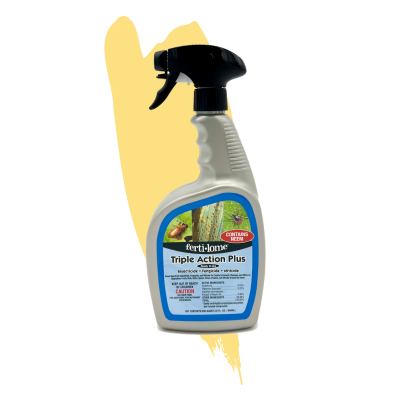
This proactive neem-oil-based spray acts as a fungicide, insecticide, and miticide. It’s organic and great for gardens.
Protects against: Japanese beetles, powdery mildew, leaf spot, scale, tomato hornworm, mealy bugs and aphids
Systemic Insect Control
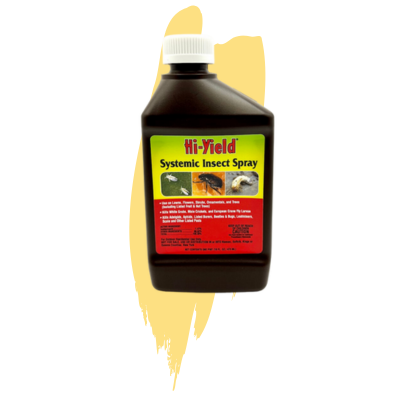
Apply this before plants’ leaves come in. The plant uptakes the insecticide through the roots and makes the leaves toxic to certain critters.
Protects against: mealy bugs, thrips, whiteflies, aphids, Japanese beetles
Gardener’s Special Fertilizer
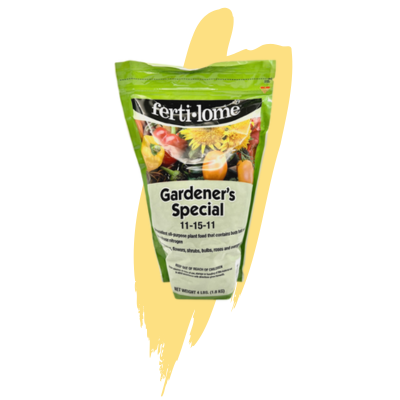
Sprinkle these little granules around your house plants, shrubs and landscape beds to give your plants a nutritious start to the growing season.
*Ask about plant-specific fertilizers- we have lots!
SoilCare
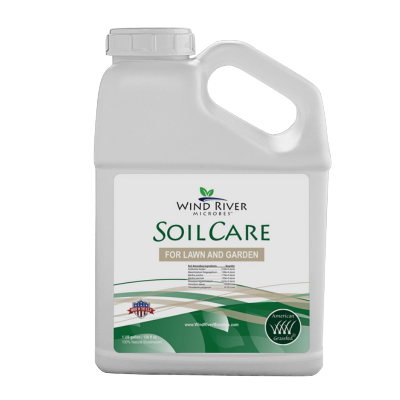
Dave’s favorite fix is our liquid plant probiotic. It helps plants absorb more nutrients from the soil and should be the first plan of action for a struggling plant.

